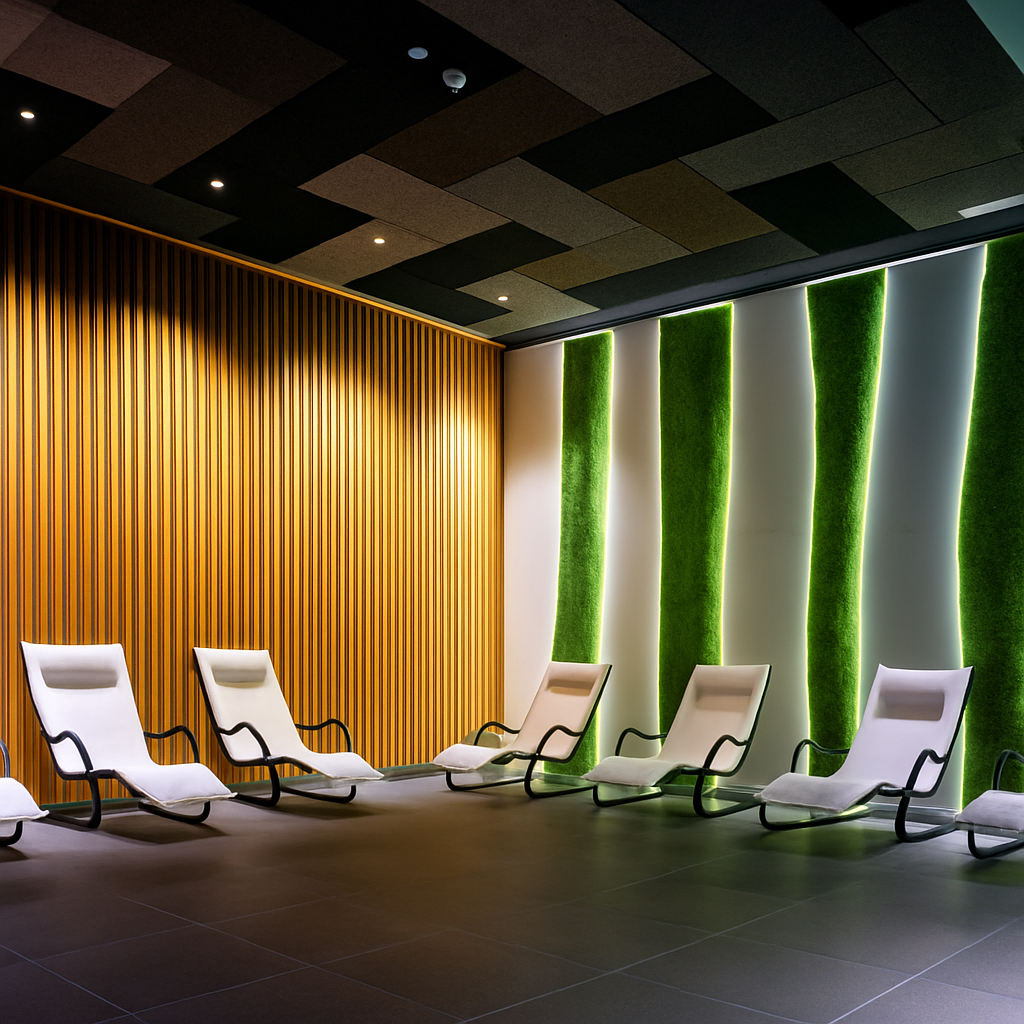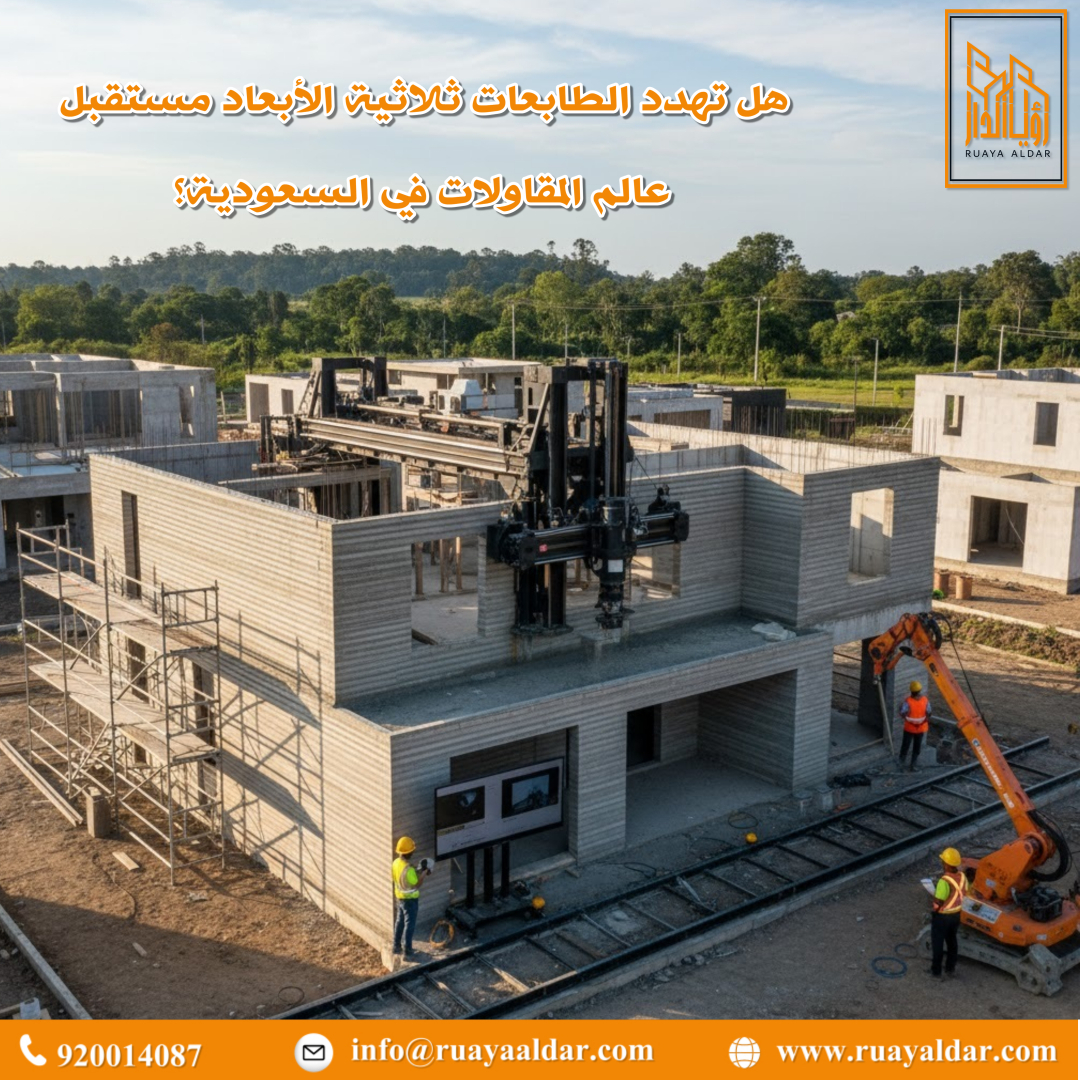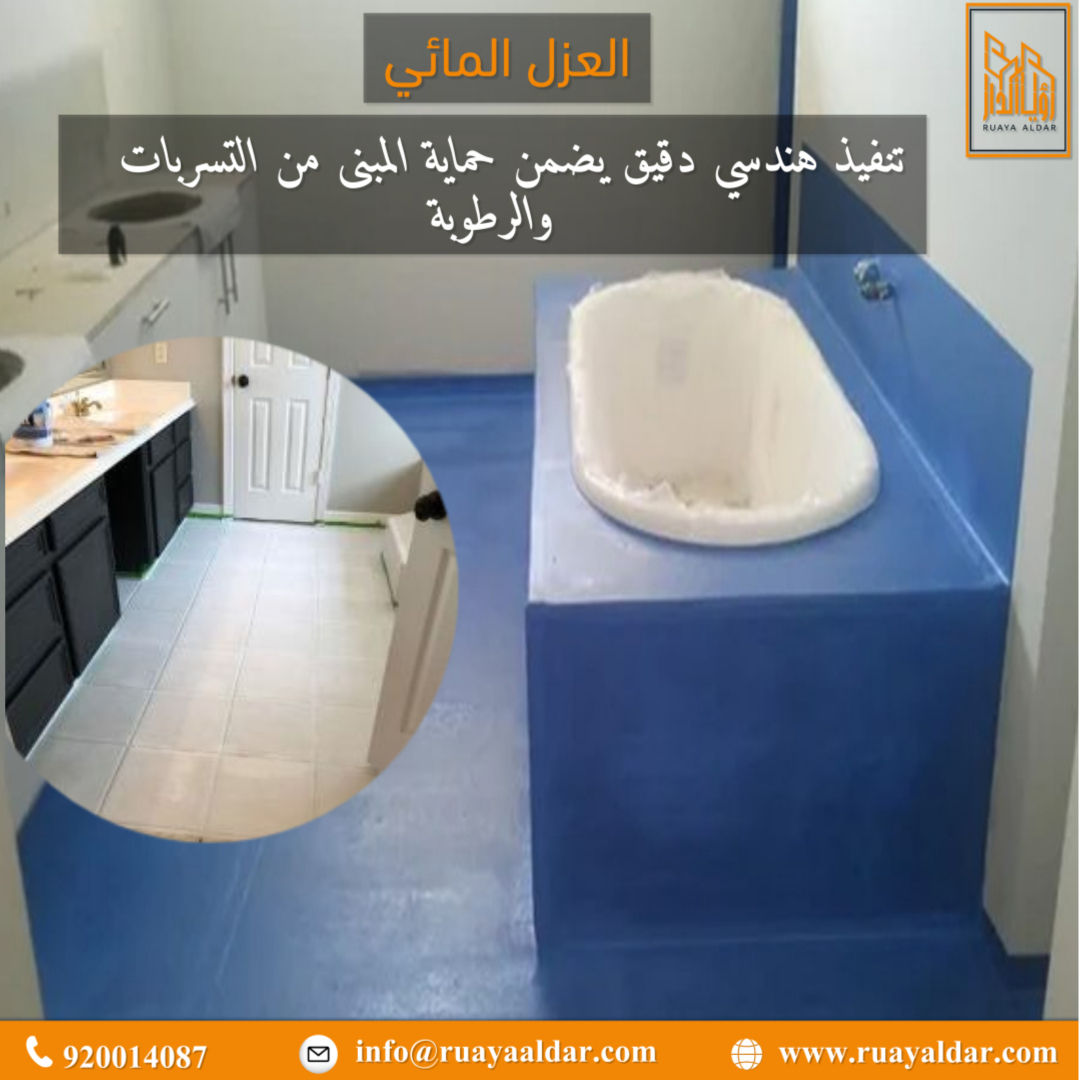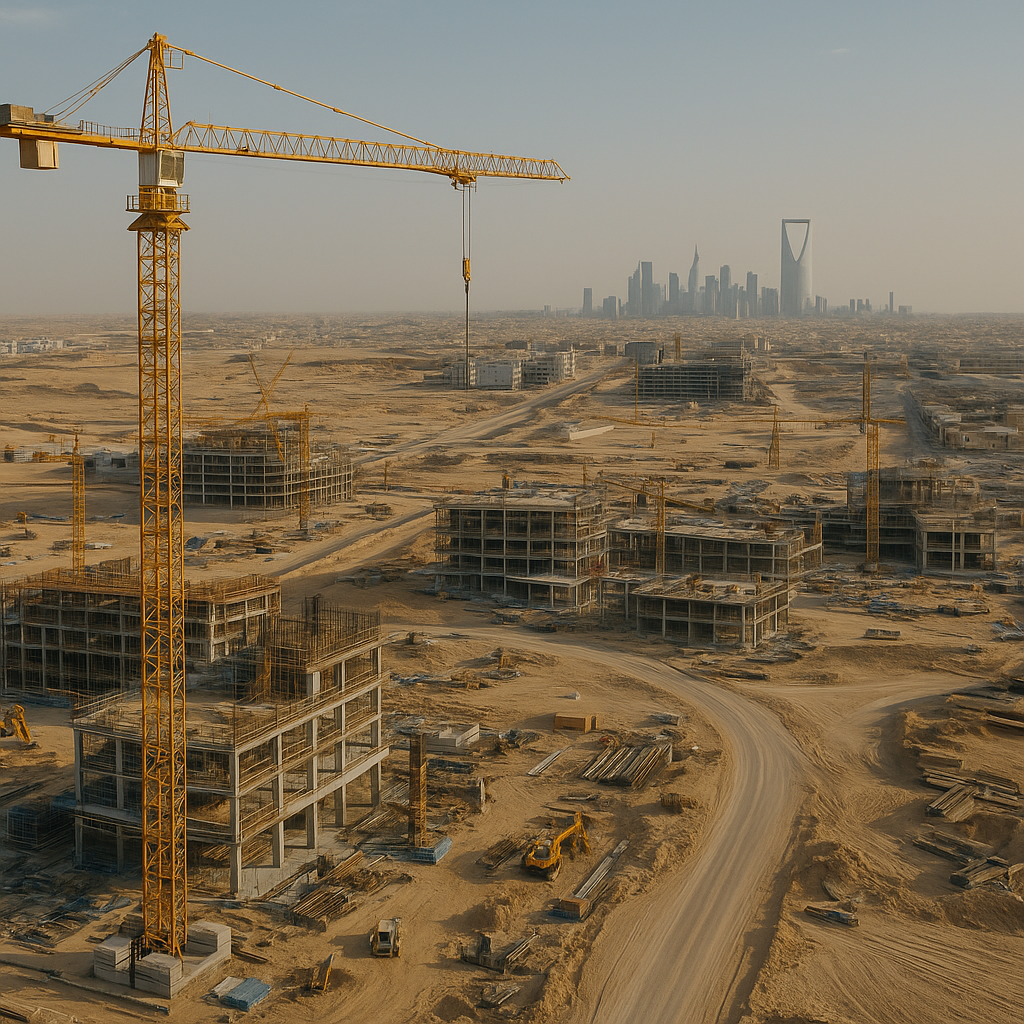
Sustainable Construction Technologies and Their Impact on Real Estate Projects
Sustainable construction is no longer a trend—it’s a necessity. As environmental awareness and regulatory frameworks evolve, developers and contractors are increasingly adopting green building practices that align with economic efficiency, environmental responsibility, and long-term project value.
Key Advantages of Sustainable Construction in Real Estate:
- Energy Efficiency
Utilizing advanced insulation systems, energy-saving lighting, and smart HVAC controls significantly reduces energy consumption. Buildings designed with sustainability in mind can cut operational energy costs by up to 40%, contributing to both environmental goals and financial savings. - Water Conservation
Integrating efficient irrigation systems, low-flow fixtures, and rainwater harvesting solutions minimizes water wastage, reduces utility expenses, and ensures resource availability in the long term. - Indoor Environmental Quality
Sustainable buildings emphasize natural ventilation, non-toxic materials, and daylighting strategies. These elements create healthier indoor environments, improving the comfort, productivity, and well-being of occupants. - Compliance with National Regulations
Aligning construction methods with local green codes and standards, such as energy efficiency benchmarks and material usage regulations, facilitates permit approvals and environmental certifications, ensuring smooth project execution. - Market Value and Investment Appeal
Eco-friendly buildings tend to retain higher property values over time. Their alignment with sustainability trends attracts buyers, investors, and tenants seeking operational cost savings and social responsibility. - Durability and Lifecycle Optimization
Sustainable materials and construction methods extend the building’s life, reduce maintenance needs, and lower long-term repair costs, enhancing project profitability and resilience. - Environmental Stewardship
Reduced emissions, minimal construction waste, and smart resource use support broader sustainability goals, including mitigating climate change and preserving ecosystems.
Adopting sustainable construction technologies is not only an ethical choice but a strategic one. For real estate developers, it offers a competitive edge by delivering projects that are compliant, efficient, market-ready, and future-proof. The integration of green practices today is an investment in tomorrow’s value.



